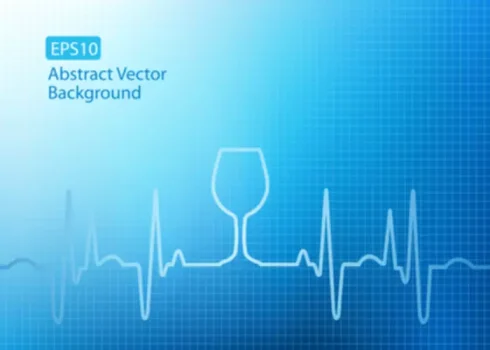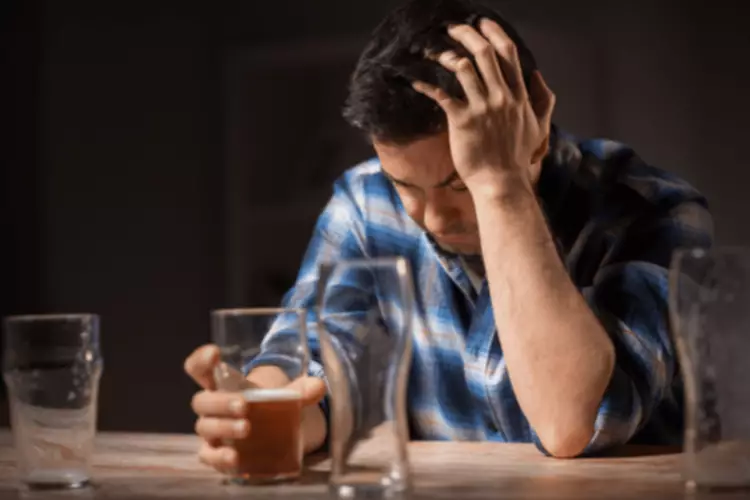
Whether it’s alcohol, prescription pain pills, nicotine, gambling, or something else, overcoming an addiction isn’t as simple as just stopping or exercising greater control over impulses. Heavy alcohol use raises the risk for fractures and even low levels of alcohol intake increase the odds for recurrent gout attacks. Drinking what is Oxford House too much alcohol can weaken the immune system, making the body a much easier target for disease. Drinking a lot on a single occasion slows the body’s ability to ward off infections–even up to 24 hours later. Similarly, benzodiazepine withdrawal can also range from mild to severe and typically includes symptoms such as anxiety, irritability, insomnia, muscle tension, and sweating. In some cases, benzodiazepine withdrawal can also cause more severe symptoms such as seizures, psychosis, and delirium.
- These alterations can affect decision-making, memory, and behavior, making it challenging for individuals to stop using the substance even when it has detrimental effects.
- There are currently no FDA-approved medications to treat inhalation use disorder.
- Since alcohol dependency slows neurogenesis, or brain development, sobriety has the opposite effect.
- It’s important to choose a comprehensive program that aligns with your personal needs to maximize the positive outcomes for your future.
- Methadone, buprenorphine, and naltrexone are all FDA-approved medications to treat opioid use disorder (OUD).
Is tramadol addictive?

But even for those who’ve successfully quit, there’s always a risk of the addiction returning, which is called relapse. At Sana at Stowe, we take a holistic approach to this issue, offering dual-diagnosis treatment that addresses both mental health and addiction simultaneously. Another critical section of the brain is the prefrontal cortex, responsible for problem solving and self-control. The amygdala is also vital, responsible for navigating feelings of stress and irritability. difference between drugs and alcohol These feelings of discomfort are decreased with drug use, which is why after the high fades, there is often a motivation to seek use again to quiet those uncomfortable sensations.
Alcohol Affects Adolescents and Adults Differently

Treatment of dextromethorphan misuse usually involves managing symptoms of intoxication and may include medications such as antipsychotics or benzodiazepines. Dextromethorphan is misused when it is taken in a way or dose other than directed or taken with other drugs to boost intoxicating effects. There is limited research on the health effects and addiction potential of delta-8-THC and other intoxicating cannabinoids. Withdrawal symptoms can include depression, tiredness, increased appetite, insomnia, slowed thinking and movement, and restlessness.
What Happens to Your Brain on Sugar, Explained by Science
Despite these advances, we still do not fully understand why some people become addicted to drugs or how drugs change the brain to foster compulsive drug use. As a result of scientific research, we know that addiction is a medical disorder that affects the brain and changes behavior. We have identified many of the biological and environmental risk factors and are beginning to search for the genetic variations that contribute to the development and progression of the disorder. Scientists use this knowledge to develop effective prevention and treatment approaches that reduce the toll drug use takes on individuals, families, and communities. It’s important to note that withdrawal from alcohol or benzodiazepines can be dangerous and should be done under medical supervision.
- When someone stops using alcohol or drugs after prolonged use, they may experience withdrawal symptoms.
- Support from social networks reduces relapse risk by reinforcing healthy habits and creating stable recovery environments.
- The prefrontal cortex, often referred to as the brain’s “CEO,” is particularly vulnerable to alcohol’s effects.
- The amygdala processes emotional responses and stress, which contribute to cravings, while the VTA is a key player in the brain’s reward system, releasing dopamine during substance use.
Treating Addiction
Alcohol can significantly affect mental health in both the short and the long term. Understanding how alcohol affects your brain is key to recognizing its long-term consequences. While a drink or two might feel harmless, regular or heavy drinking can silently change the way your brain works, affecting your memory, mood, and decision making.

- Did you know that substance abuse can lead to cognitive impairments and changes in brain structure and function?
- “Generally, over time, there have been new studies that show that chronic alcohol use — at very heavy use — can lead to brain damage, both gray and white matter.
- These results show no significant changes in either the intrinsic neuronal properties or synaptic properties in morphine-treated animals compared with naïve animals.
- But fortunately, many of these effects can be reversed when you enter a treatment program and quit misusing substances.
- The emergency and referral resources listed above are available to individuals located in the United States and are not operated by the National Institute on Drug Abuse (NIDA).
They are like network cables passing information from one gray cell to another. Persistent drug and alcohol use has been proven to kill the white cells in the brain. This severs the communication pathways so that information is not passed along properly. The brain can reroute these communication pathways using the remaining white cells, but it requires abstinence and time for this to happen. There are billions of tiny cells called neurons that help control the flow of information in the brain, like computer software. There are different sections of the brain responsible for various functions, like emotion regulation, physical activity, or having a conversation.























